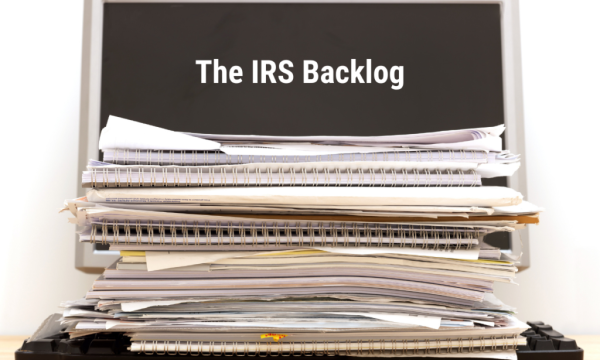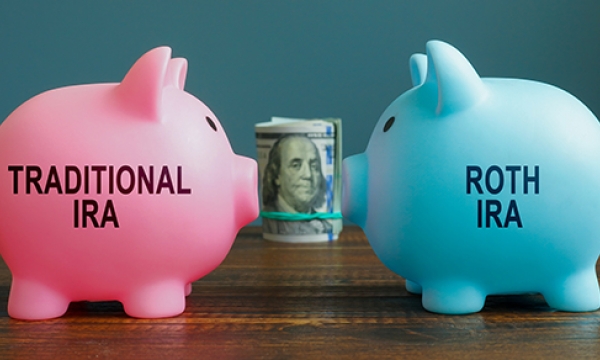Recent News & Blog / Individual Tax
Is your withholding adequate? Here’s how to check
When you filed your federal tax return this year, were you surprised to find you owed money? You might want to change your withholding so that this doesn’t happen again next year. You might even want to adjust your withholding if you got a big refund. Receiving a tax refund essentially means you’re giving the government an interest-free loan. Contact our tax advisors with questions
The “kiddie tax” hurts families more than ever
Many people wonder how they can save taxes by transferring assets into their children’s names. This tax strategy is called income shifting. It can be beneficial but with complexities. Contact the CPAs and tax advisors at SEK for more information.
Virginia taypayers: New electronic payment requirement for some individuals
A recent legislative change requires Virginia taxpayers to submit all of their income tax payments electronically if:
National Taxpayer Advocate issues midyear report to Congress, expresses concerns
National Taxpayer Advocate Erin M. Collins has released her statutorily mandated midyear report to Congress.
Is it a good time for a Roth conversion?
The downturn in the stock market may have caused the value of your retirement account to decrease. But if you have a traditional IRA, this decline may provide a valuable opportunity: It may allow you to convert your traditional IRA to a Roth IRA at a lower tax cost.
Smooth sailing: Tips to speed processing and avoid hassles this tax season
The IRS began accepting 2021 individual tax returns on January 24. If you haven’t prepared yet for tax season, here are two quick tips to help speed processing and avoid hassles.
With year-end approaching, 3 ideas that may help cut your tax bill
If you’re starting to worry about your tax bill, there’s good news — you may still have time to reduce your liability. Here are three quick strategies that may help you trim your taxes before year-end.
Remember to use up your flexible spending account money
Do you have a tax-saving flexible spending account (FSA) with your employer to help pay for health or dependent care expenses? As the end of 2021 nears, there are some rules and reminders to keep in mind. An account for health expenses
Thinking about participating in your employer’s 401(k) plan? Here’s how it works
Employers offer 401(k) plans for many reasons, including to attract and retain talent. These plans help an employee accumulate a retirement nest egg on a tax-advantaged basis. If you’re thinking about participating in a plan at work, here are some of the features.
Child tax credit information and online portal now open
Recently, there were changes made to the child tax credit that will benefit many taxpayers. As part of the American Rescue Plan Act that was enacted in March 2021, the child tax credit:









